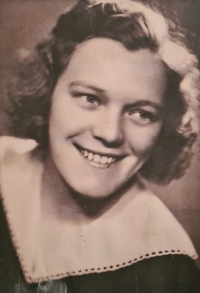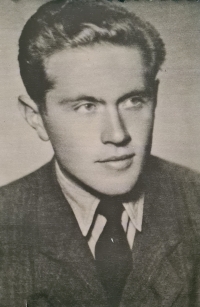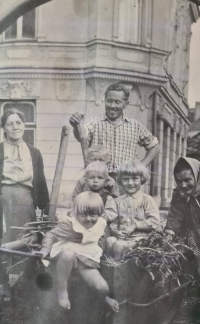We’re not even going to write down your gibberish. That was their style
Download image
Marie Jónová, née Lukešová, was born on 23 January 1959 in Vítkov. She was the second oldest of five children. When she was six, her father died tragically and the family moved to Olomouc. Her mother raised her children in the Catholic faith. Marie Jónová, like all her siblings, attended religious classes at primary school and grammar school. This meant a significant limitation in the choice of further studies. Nevertheless, by coincidence, due to not mentioning religion in her references, the witness was admitted to the Faculty of Science of Palacký University in Olomouc, teaching course. After graduating from secondary school, in the summer of 1978, she took part in a walking pilgrimage to Czestochowa in Poland. Due to an inconsistency in the personal documents of her Italian friends with whom she was travelling to the event, State Security focused on her. They brought her in for questioning twice and tried to get information from her about Olomouc Catholic circles. At the same time, they began to pressure her at the university to give up her religion or switch to another field of study. The increasing pressure wore her down and she rather left the school. She finished complementary secondary economics studies and worked as a secretary. She completed her university education in civics and Czech language at Palacký University after the Velvet Revolution while raising two children and having a full-time job. She subsequently taught at several primary schools and at the Secondary School of Agriculture in Olomouc. At the end of her working career she worked as a secretary for Bishop Josef Nuzík. In 2023, Marie Jónová was living in Olomouc and taking care of her ill mother.


